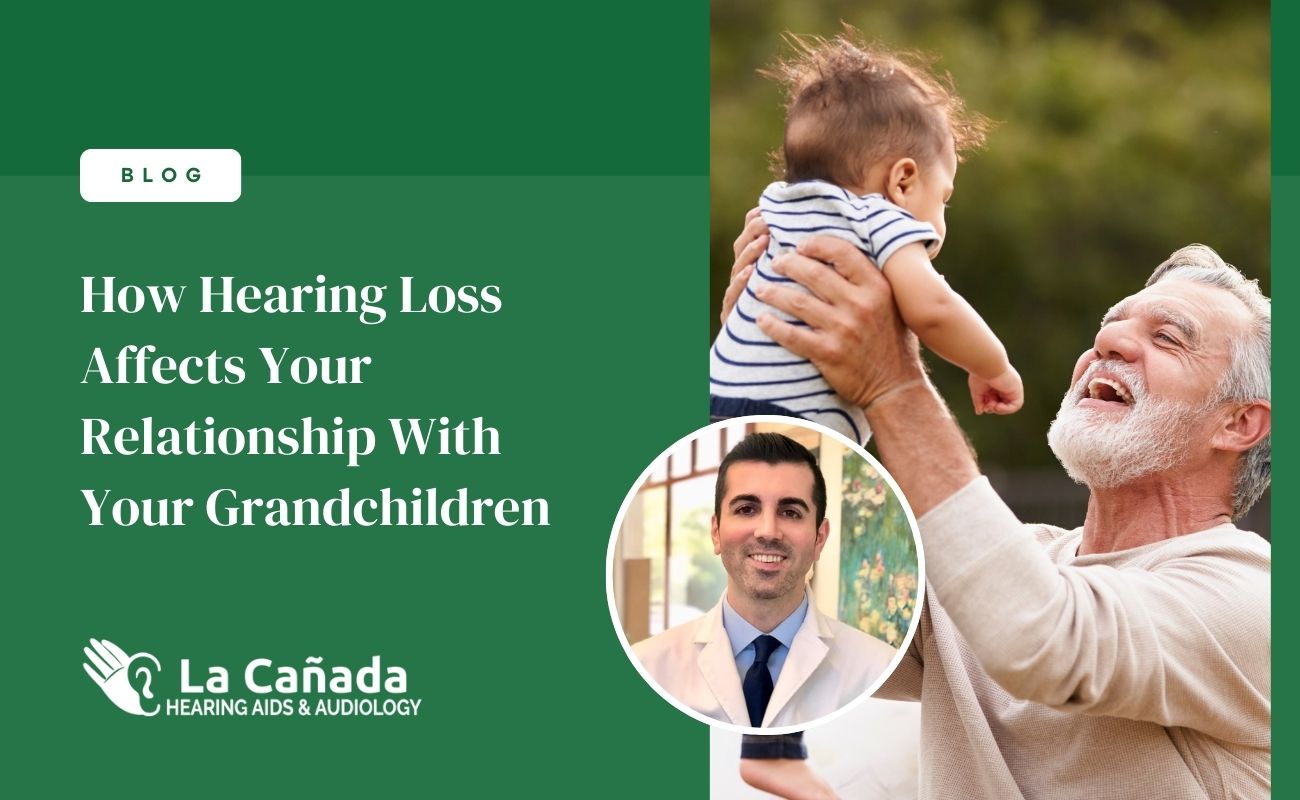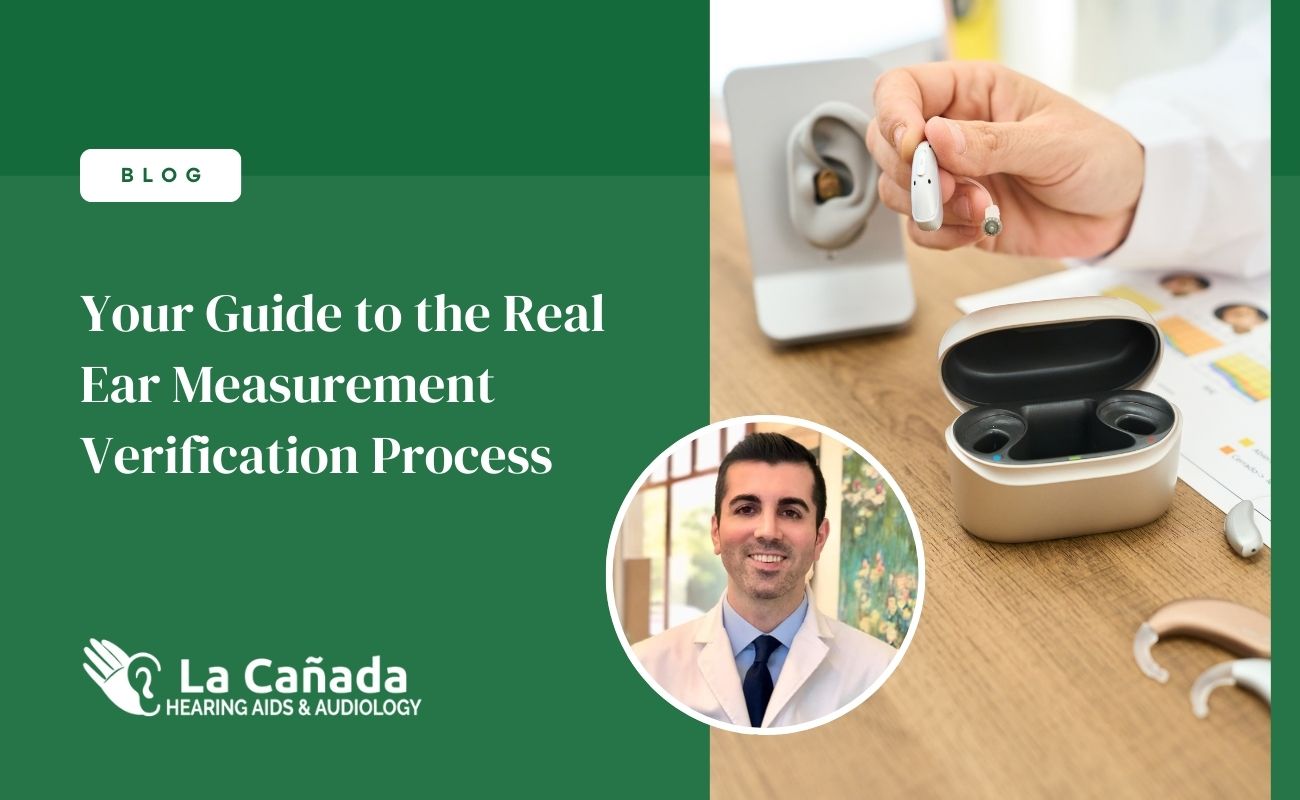Do you have hearing loss? While you might think that your hearing loss is only affecting one of your ears, its far more likely that you have bilateral hearing, or hearing loss in both ears. Even if you perceive that your hearing loss is only in your right ear, this could be due to comparison. Compared to your right ear, it’s possible that your left ear isn’t quite as bad, but compared to normal hearing, your left ear also has hearing loss, and you will need to wear hearing aids in both ears. The ears function best as a team, and when they’re both hearing equally, you’ll have the best hearing. That’s why you should treat bilateral hearing loss with two hearing aids.
Hearing Aids for Bilateral Hearing Loss
Hearing aids designed for bilateral hearing loss are built to work together to provide you with clear hearing. In fact, many of today’s hearing aids have ear to ear communication programs, meaning that whatever is heard in one ear will also be sent to the hearing aid of the other ear, so you’ll be able to hear all the important sounds with both ears. This provides one of the best listening experiences, and when you have two hearing aids, they’ll mimic the natural way your ears process sounds. When you have two devices, you’ll hear clearly with both ears, and hear in a rich and balanced way.
Wearing Two Hearing Aids
You might think you could get by with just one hearing aid, but before you decide to disregard the advice of your audiologist, take a moment to read Carol’s story. At first, she didn’t want to purchase two hearing aids, thinking her hearing wasn’t that bad, and she could easily get by with just one. At the insistence of her daughter, she ultimately purchased two hearing aids.
When she lost one of the devices for a few days, she realized how much the second device was enhancing her ability to hear. “With one hearing aid, it is far more difficult to locate the source of sounds,” explains Carol. “I again need to increase the volume of the radio and TV, which unfortunately can be an annoyance to my friends and family. I am less able to distinguish song lyrics and variations of musical instruments and I have trouble hearing individual voices in a group conversation. I am totally convinced that wearing two hearing aids affords a far richer, more meaningful life.”
Benefits of Bilateral Hearing Aids
Recent studies looking at those who wear one versus those who wear two hearing aids found that wearing two hearing aids provides a much more natural sound, and improves listening performance. Speech understanding is enhanced, and it’s far easier to discover where sounds are coming from, Sounds can also be heard clearly from much further away.
Another benefit of wearing two devices is that you’ll be able to manage your tinnitus. Tinnitus relief programs are designed to work with two devices, and provide sound masking to help you focus on tasks or even fall asleep at night. Researchers discovered that the more people wear two devices, even with the tinnitus program turned off, the less they’ll experience tinnitus, since the brain is able to hear far more sounds in the environment, and provide effective relief.
Other benefits of bilateral hearing aids are improved sound quality, and a rich and balanced sound. You’ll enjoy better sound localization in challenging listening environments, and can enjoy easy listening and speech understanding with far less listening effort. Like Carol, many people who were unsure about getting two hearing aids were extremely happy that they did, had increased satisfaction in their ability to hear clearly, and participate fully in all the activities they enjoyed the most.
La Cañada Hearing Aids & Audiology
If you have hearing loss, whether in one or both ears, visit us today at La Cañada Hearing Aids & Audiology to learn about your hearing aid options. We’ll recommend two devices if you have bilateral hearing loss, and will help you choose the perfect devices that will match your lifestyle and hearing needs, and help you hear when you need it the most. Don’t waste another day, but invest in your hearing health today.


.webp)





